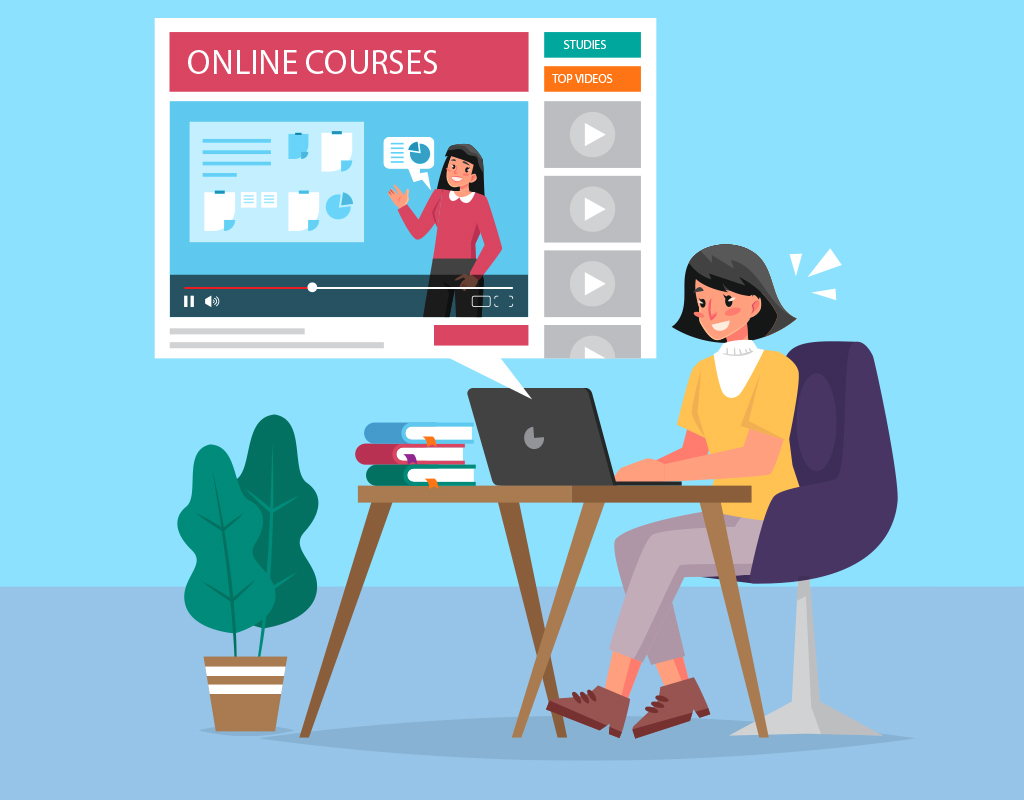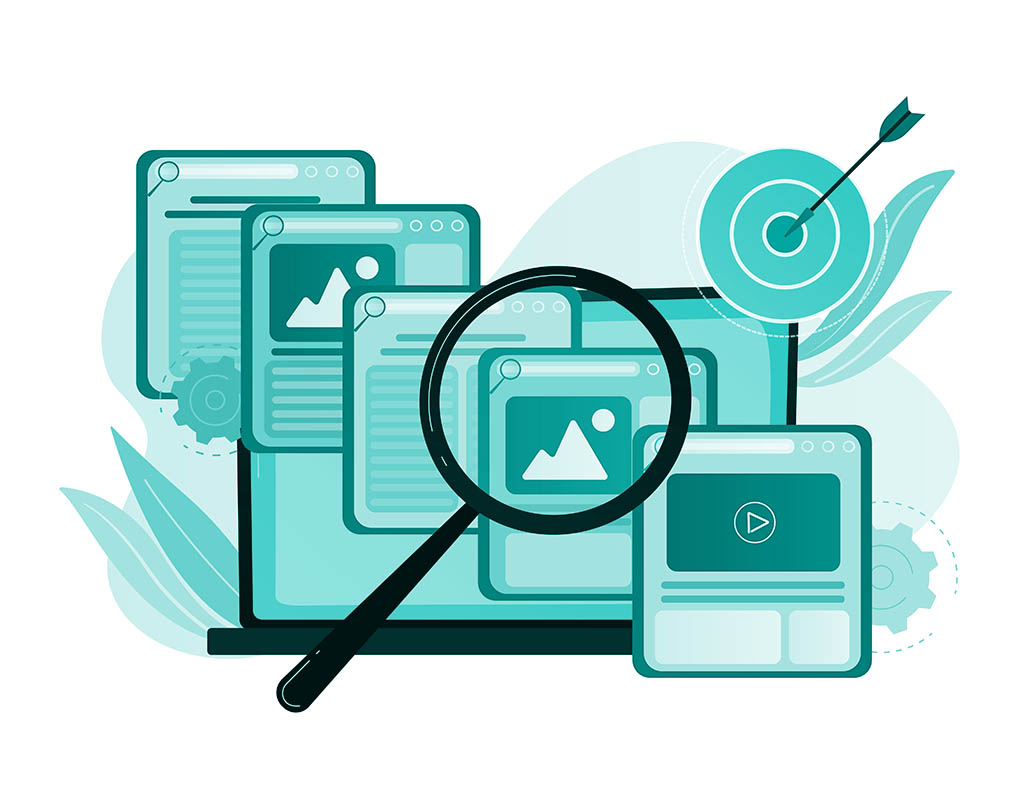Research work takes hours of work, sometimes months of hard work and you have a finished product of which you want to make the most. At the initiation, be it a research, thesis or a book, you hardly have findings to write a paragraph, but when you reach the end of your study, you have so much to say that it becomes a problem to brief the scope of it. The objective is to improve the readability of your research work. The more your work is cited, the greater will be its impact factor. Hence the best way to attract readers is to have a clear, definitive title, a precise abstract, and explicit sentences which will have only the necessary aspects and highlights of your study to grab their eyeballs at once.
Now, what is readability? Readability is about communicating ideas in the clearest and most accessible way possible. Why is readability important? Because people don’t have the time to rephrase and interpret through complicated texts. These days people are busy and they want direct and clear answers to their questions, within a short span of time. Unnecessary jargons can increase the length of the paper, make complicated sentences and hence reduce the readability of a text. If you want to publish your thesis, moving forward, you have to make the paper reader-friendly.
Here are 7 ways to avoid jargons and make your paper more reader-friendly-
- Keep Clarity While Using Technical Language- When we say not to use jargon, we’re not advocating leaving out necessary technical terms, but we are saying to make sure your language is as clear as possible. For e.g., you use the term “brinulator valve control ring”, because there is no English alternative to the word, but while the sentence, “tighten the brinulator valve control ring securely” is a clear and necessary use of the technical term, “Apply sufficient torque to the brinulator valve control ring to ensure that the control ring assembly is securely attached to the terminal such that loosening cannot occur under normal conditions” is a jargon, which complicates the meaning and makes the word count higher.
- Look for Adverbs and Omit Them- The words ending with ‘ly’ are often extra additions. Words like “slowly”, “cautiously”, “effectively”, “rigorously” and many more come in the flow of writing and make the text flowery, but you can do without them, not hampering the actual meaning of the context. For example, “We carefully and slowly proceeded to test the samples” (9 words) can be easily replaced with “We proceeded to test the samples” (6 words) or just “We tested the samples” (3 words). Here we understand how removing the adverbs alone can reduce the sentence by 3 words and with an extra effort, the sentence can actually be reduced to three times the original.
- Avoid Using Fillers- Fillers are words that do not add any meaning to the sentence but fills in spaces and takes up the word count. For e.g., “There is an octopus sitting on my car” (8 words). In this sentence, ‘There is…sitting’ is a filler phrase, whereas, the sentence could be shortened to “An octopus is on my car” (6 words). Similarly, “This is actually an interesting question” (6 words) could be rewritten as “This question is interesting” (4 words).
- Avoid Legal and Business Jargons- There are specific words which make the sentences flowery and somewhat elite but may not be really needed in our contemporary research world. Scholars who write law or business must keep in mind, and make a conscious effort to avoid imposed terms if you want to publish your thesis successfully. Terms like “above-mentioned”, “henceforth”, “thereafter”, “heretofore” should not be incorporated in law papers, just like “value-added”, “touch-base”, “thinking outside the box”, “integrating quality solutions” etc. phrases should be avoided in business papers, to improve readability.
- Use Short Words or Phrases That Can Self-Define– It is obvious that shorter words and phrases can reduce the complexity and length of sentences, hence applying to the overall length of a paper. It is better to use simple words whose meaning can be clearly understood, instead of twisted terms that might require footnotes for justification. For e.g., write “river birds” instead of “riverine avifauna”, write “homeless” instead of “involuntarily undomiciled”, and write “the patient is on respirator” instead of “The patient is being given positive-pressure ventilatory support.”
- Avoid Passive Voice- Passive voice adds extra words to a sentence; hence some researchers absolutely detest it considering them unscientific sentences. Instead of writing “a test was drawn upon 60 people of XY community”, simply put, “we did the test on 60 people of XY community”. Even though the word count is same, the second sentence is clearer than the first one. Similarly, avoid writing sentences like “the letter communicated my emotions significantly”, instead write, “I communicated my emotions significantly in the letter”. It is not always about the word count, but how relevant or meaningful the sentence is; in this case, a scientific person will not consider the ‘letter’ to be doing something like an animated soul. Hence, write “I wrote the letter” instead of “the letter was written”, “we did the experiment..” instead of “the experiment was done…” or “I found from the results…” instead of “the results showed..” etc. wherever possible.
- Use Nouns in Place of Verbs and Vice-Versa– Sometimes, replacing phrases which use verb, with a single noun form can reduce word count. “A diagnosis of cancer was made on the basis of the findings. (12 words)” When we replace the first few words (that define an action) as follows, “Cancer was diagnosed on the basis of the findings” (9 words), the idea becomes concise. At other times, you may need to use verbs in place of nouns to deal with the same problem. Like “I concluded” is better than “I came to a conclusion” or “I read voraciously” is better than “I am a voracious reader”. Such permutation and combination of nouns and verbs can help you avoid jargons and make your text more crisp and clear.
These days research is about knowledge-sharing with citation. the more people read your work, the better will be the prospects of your research. You must be careful with word selection when you publish your thesis, so that you avoid jargons and make your work reader-friendly. Try using the above techniques to improve the readability of your work.









